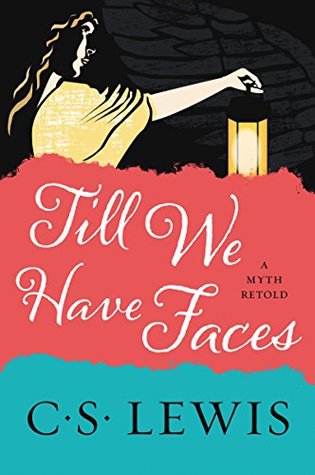More on this book
Community
Kindle Notes & Highlights
She made beauty all round her. When she trod on mud, the mud was beautiful; when she ran in the rain, the rain was silver. When she picked up a toad—she had the strangest and, I thought, unchanciest love for all manner of brutes—the toad became beautiful.
Some say the loving and the devouring are all the same thing.
“Today I shall meet cruel men, cowards and liars, the envious and the drunken. They will be like that because they do not know what is good from what is bad. This is an evil which has fallen upon them not upon me. They are to be pitied, not—”’
For indeed it now feels not like going, but like going back.
No herd of other beasts, gathered together, has so ugly a voice as Man.
To love, and to lose what we love, are equally things appointed for our nature.
The gods never send us this invitation to delight so readily or so strongly as when they are preparing some new agony. We are their bubbles; they blow us big before they prick us.
‘Don’t you think the things people are most ashamed of are the things they can’t help?’
I did not yet know that, if you are ugly enough, all men (unless they hate you deeply) soon give up thinking of you as a woman at all.
To see his face while he could not see mine seemed to give me a kind of power.
But I was wrong to weep and beg and try to force you by your love. Love is not a thing to be so used.’
I must now pass quickly over many years (though they made up the longest part of my life) during which the Queen of Glome had more and more part in me and Orual had less and less. I locked Orual up or laid her asleep as best I could somewhere deep down inside me; she lay curled there. It was like being with child, but reversed; the thing I carried in me grew slowly smaller and less alive.
For if the true story had been like their story, no riddle would have been set me; there would have been no guessing and no guessing wrong. More than that, it’s a story belonging to a different world, a world in which the gods show themselves clearly and don’t torment men with glimpses, nor unveil to one what they hide from another, nor ask you to believe what contradicts your eyes and ears and nose and tongue and fingers.
Why must holy places be dark places?
And so take away from him his work, which was his life (for what’s any woman to a man and a soldier in the end?) and all his glory and his great deeds? Make a child and a dotard of him? Keep him to myself at that cost? Make him so mine that he was no longer his?’
He was to live the life he thought best and fittest for a great man—not that which would most pleasure me.
They say the loving and the devouring are all one, don’t they?’
A love like that can grow to be nine-tenths hatred and still call itself love.
There must, whether the gods see it or not, be something great in the mortal soul. For suffering, it seems, is infinite, and our capacity without limit.
‘Do not do it,’ said the god. ‘You cannot escape Ungit by going to the deadlands, for she is there also. Die before you die. There is no chance after.’ ‘Lord, I am Ungit.’ But there was no answer.
The complaint was the answer. To have heard myself making it was to be answered.
Till that word can be dug out of us, why should they hear the babble that we think we mean? How can they meet us face to face till we have faces?
I ended my first book with the words no answer. I know now, Lord, why you utter no answer. You are yourself the answer. Before your face questions die away. What other answer would suffice? Only words, words; to be led out to battle against other words. Long did I hate you, long did I fear you. I might—


